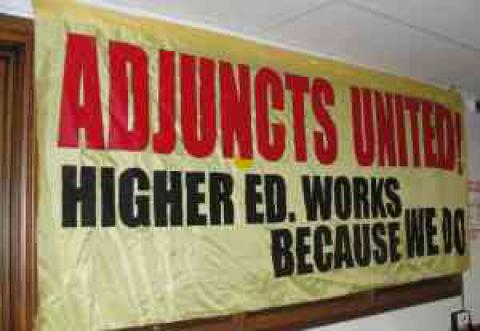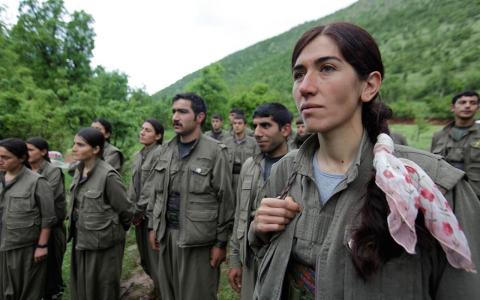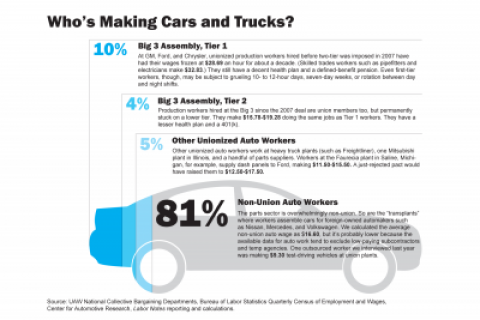Restoring Pell Grants for Prisoners: Reversing a 20-Year Ban
ThinkProgress

It’s been 20 years since federal Pell Grants were revoked from prisons during the tough-on-crime heyday of the 1990s, amid a bipartisan political fervor that helped transform U.S. prisons from a corrections system to a punishment business. Two decades later, mass incarceration is a runaway train, and America imprisons so many more people than any other country that it’s hard to even compare the thing in one chart.









Spread the word